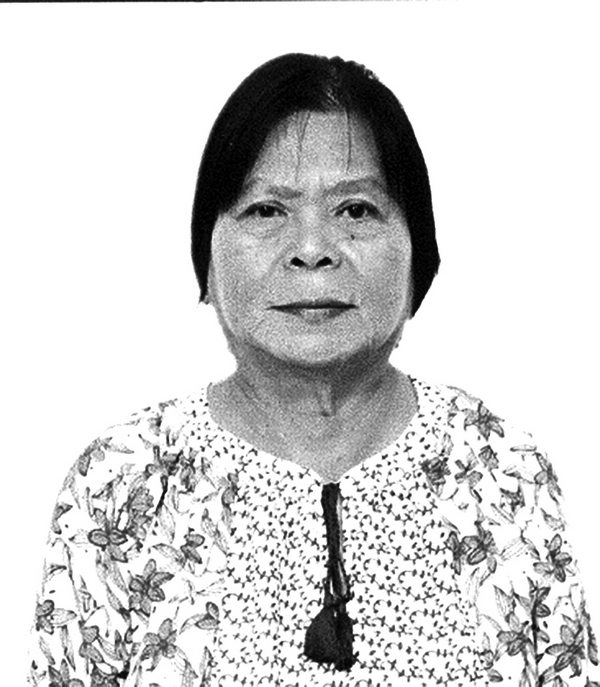
More than a century ago, the Filipino freedom fighters of 1896-1898 beginning with the Katipuneros were, first and foremost men of honor driven by a moral code. Some historians observed that the Kartilya of the Katipunan scarcely mentioned rebellion. The Kartilya authored by Emilio Jacinto mainly taught moral principles.
Rey Ileto observed that Katipunan rituals and practices show that the organization was based both on nationalistic as well as on spiritual values — a pattern shown likewise by many Filipino indigenous religious movements that had survived to the present. Early Filipinos do not separate the secular and the sacred into distinct categories the way we do. The same observation can be made on the Dekalogo authored by Andres Bonifacio and the “True Decalogue” by Apolinario Mabini.
The values implicit in these documents are: rectitude, honor, and self-sacrifice; faith in God; service to country, fellowmen, and family; equality, fairness, and justice; respect for women. The success of Andres Bonifacio and Emilio Jacinto in midwifing the birth and initial growth of the Katipunan may be related to the strong moral character of their leadership based on love of God, country and fellowmen as seen from the Kartilya and the Dekalogo.
Filipino revolutionaries and rebels who were able to mobilize thousands or millions were successful in doing so because they must have touched or resonated with sensitive elements in the Filipino character.
There have been Filipino moral outrages versus transgressions of human dignity. (a) The manner in which the 1896 Philippine Revolution spread like fire after being ignited by the first armed skirmishes and encounters in late August 1896, (b) the manner in which the student-led First Quarter Storm ignited a nationalist-democratic and socialist or leftist movement that lasted for two decades, and (c) the manner in which the People Power Revolution of late February 1986 gathered momentum bear some similarities. Mass actions over a wide scale of magnitude can only reflect the common denominators in the character and values of their millions of participants.
The unjust execution by the Spanish government of Fathers Gomez, Burgos, and Zamora and the senseless unjust assassination of Ninoy Aquino which many attribute to the Marcos government were powerful triggers that led to mass actions by Filipinos who are normally passive and who quietly endure difficulties.
The injustices and unfairness of the government before and after declaration of martial law fueled and strengthened both the leftist insurgency and the Muslim secessionist movements. The public outcry for Flor Contemplacion is another manifestation of how Filipinos react to a perceived affront to human dignity and fairness by the authorities, in this case, the Singaporean government.
A nation is known by its values. It is difficult to discuss values because, first, it cannot be measured. You cannot say a ton of goodness or a kilometer of truth. A nation is an assemblage of beings bound together by the things that they love. Our future depends not only on the values that we have but how we make use of those values.